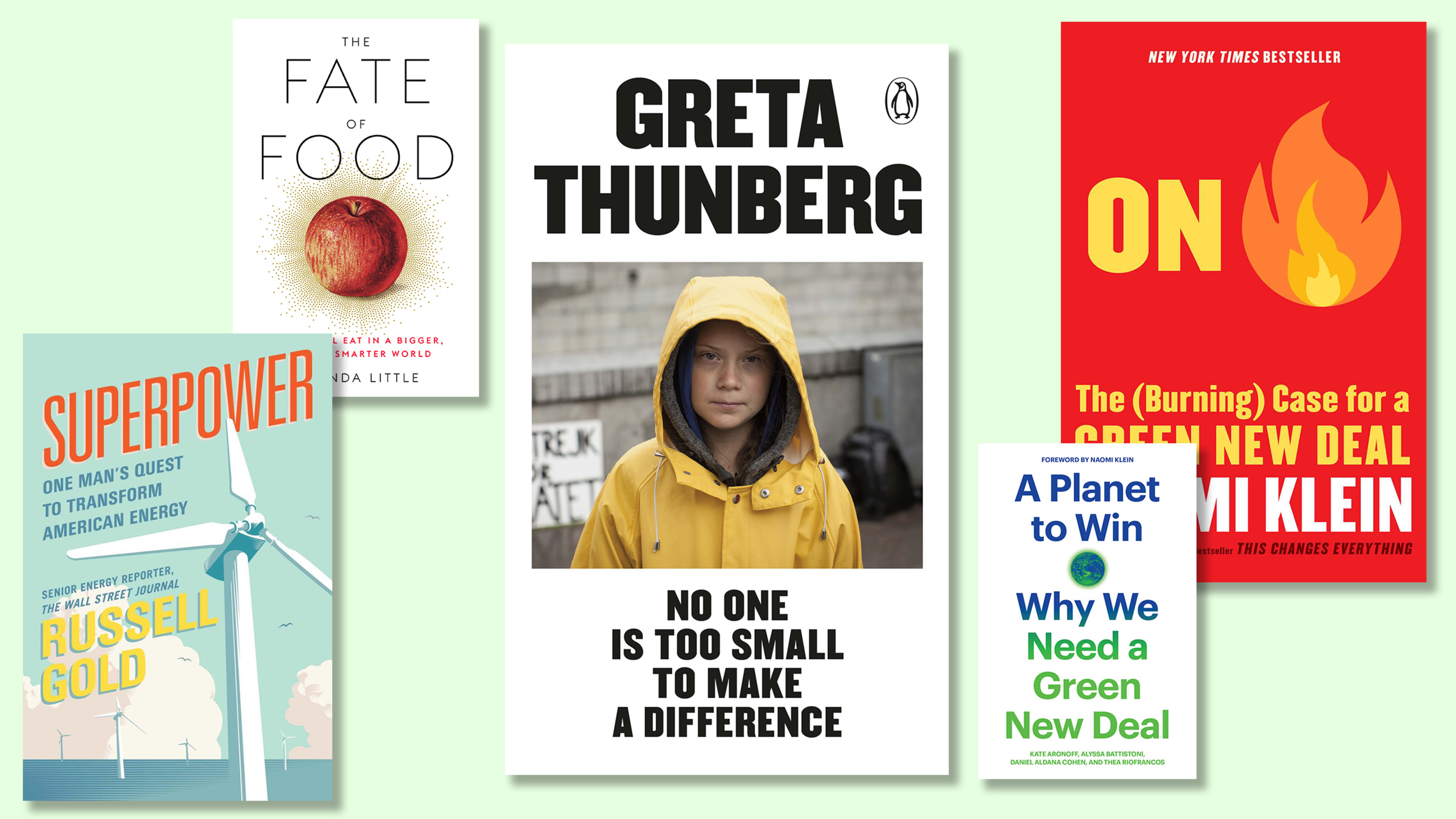From Greta Thunberg’s incredible rise as an activist to the continued discussion of the Green New Deal, it’s been a year that crystallized the danger of the climate crisis and the hope of the people working to fix it. It’s also been a banner year for literature that helps to explain the crisis and contextualize both the causes and the solutions.
If you’re looking for a last-minute gift or some reading to do over the holidays and into the next year to help make sense of what’s happening to the planet and how to stop it, here are 10 books to consider.
No One Is Too Small to Make a Difference, by Greta Thunberg
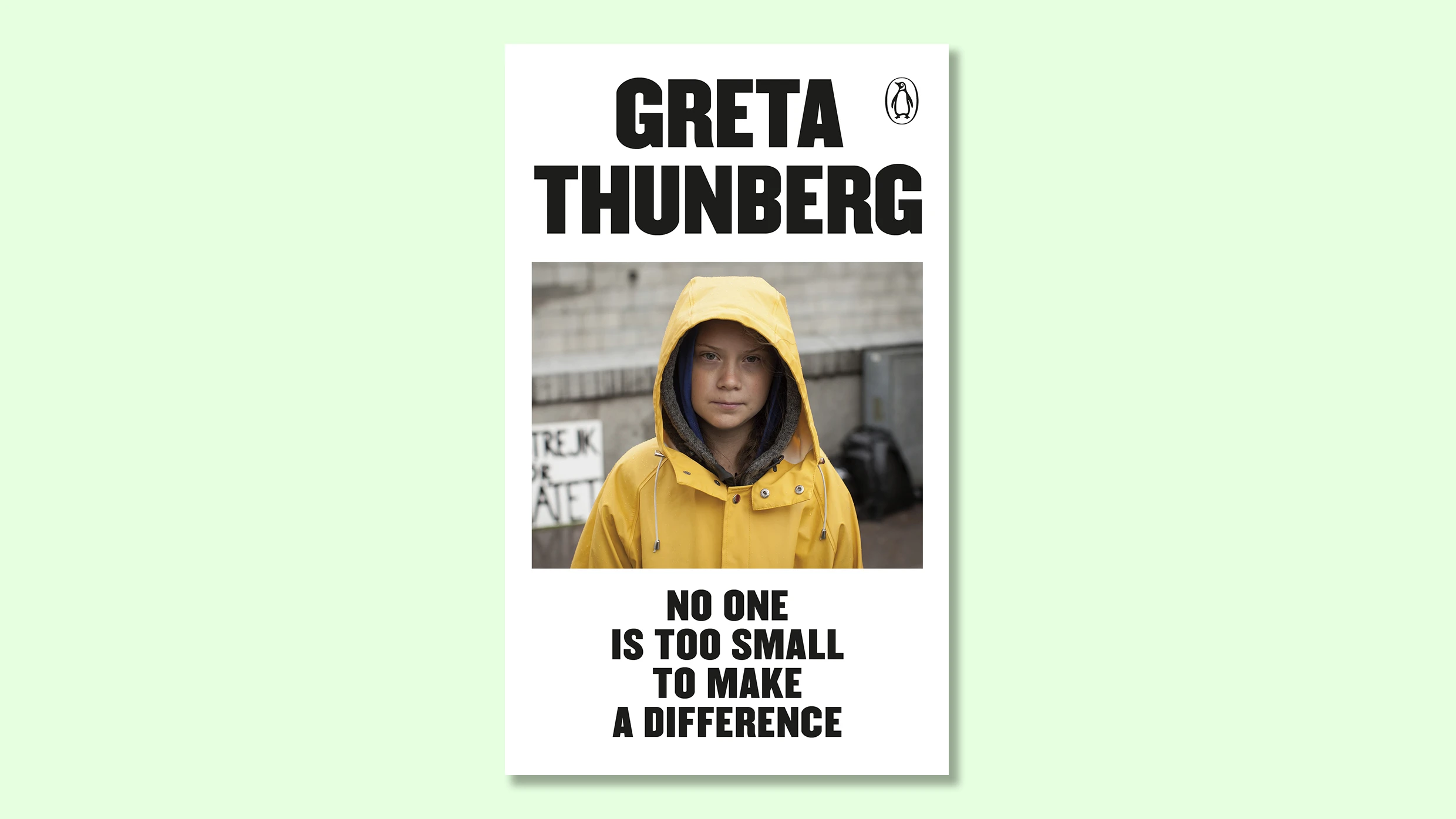
A little over a year ago, Greta Thunberg started skipping school in Stockholm to sit on the steps of the Swedish parliament building to protest the country’s lack of radical action to fight climate change. Now age 16, she has inspired millions to follow her example. This small book shares her speeches—and her unusually clear, direct language. “You say nothing in life is black or white,” she told an audience at the World Economic Forum in Davos. “But that is a lie. A very dangerous lie. Either we prevent 1.5C of warming or we don’t. Either we avoid setting off that irreversible chain reaction beyond human control or we don’t.”
The Uninhabitable Earth, by David Wallace-Wells
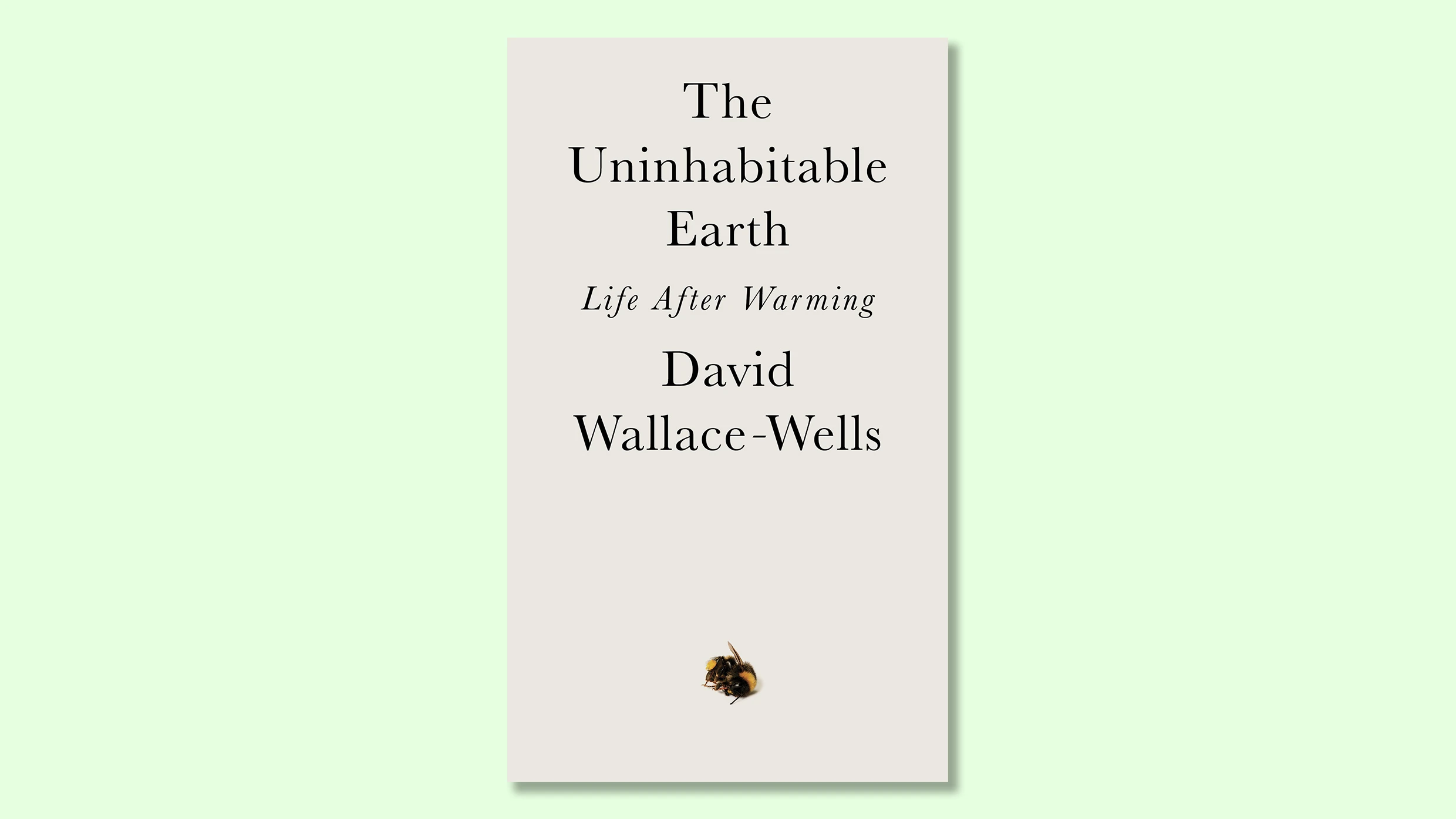
This beautifully written book covers, in excruciating detail, what climate change at two degrees of warming (or three degrees, or four degrees) means for how we live, from apocalyptic flooding to increases in global conflict. It’s hard to think about but important for our own survival to understand. “All of the scenarios that we’re headed for are beyond our comprehension to imagine and involve suffering at a level that no human can in good conscience approve of,” Wallace-Wells previously told Fast Company. “That’s not an argument for ignoring them or turning away. It’s an argument for the opposite. If we have all of these biases that push us to turn away from the science, we need to be even more focused on what the science projects, because otherwise, we’ll let ourselves forget about it.”
Superpower: One Man’s Quest to Transform American Energy, by Russell Gold
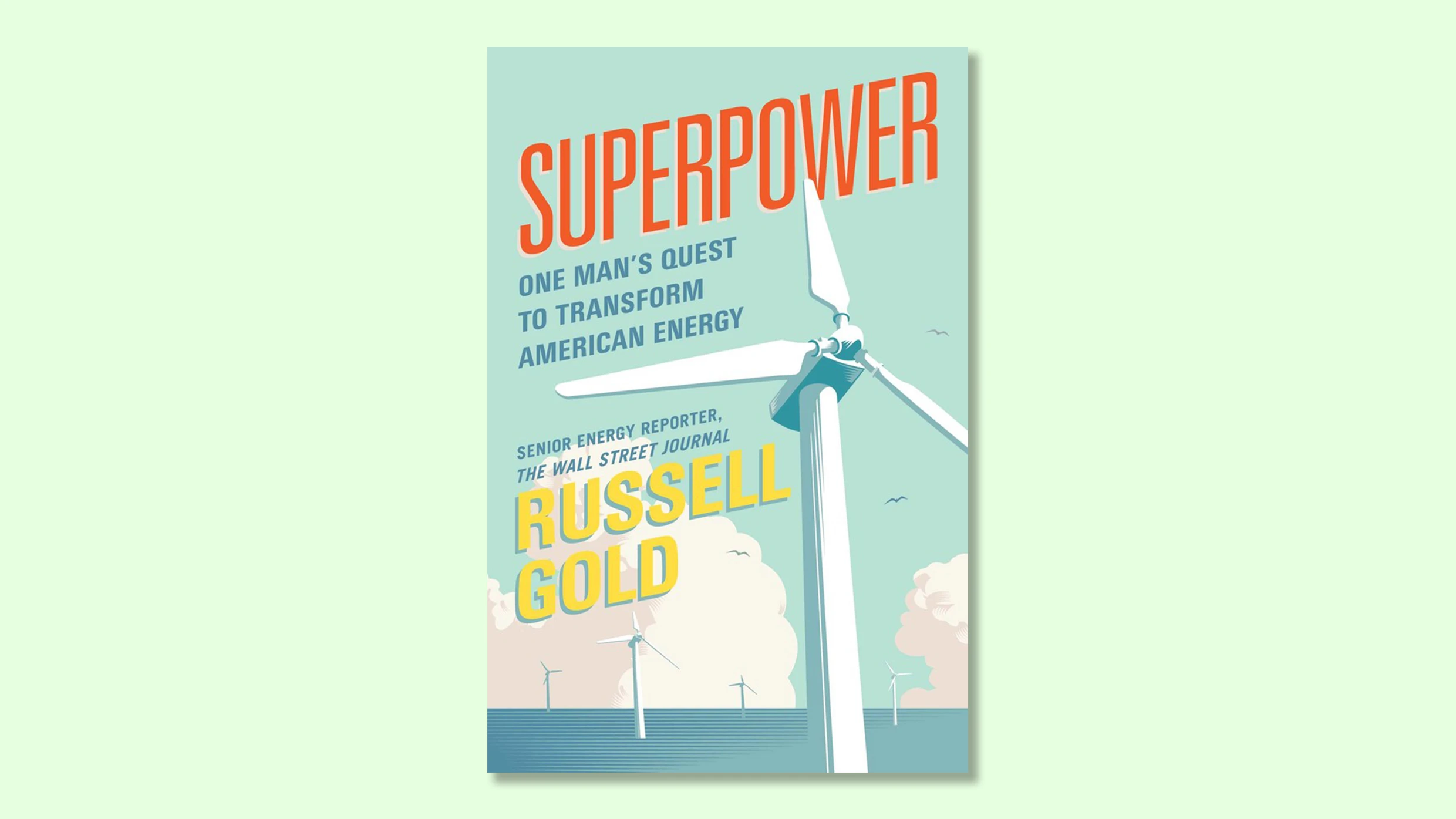
The world is in the middle of a massive energy transition: Over the last decade, renewable energy capacity has quadrupled, and the cost of wind and solar power has fallen so far that they are now the cheapest way to produce electricity in many locations. This book tells the story of an entrepreneur who was early to the space, Michael Skelly, who grew a small wind-power company to a multi-billion-dollar business and then founded a company that aims to rebuild the power grid.
Inconspicuous Consumption: The Environmental Impact You Don’t Know You Have, by Tatiana Schlossberg
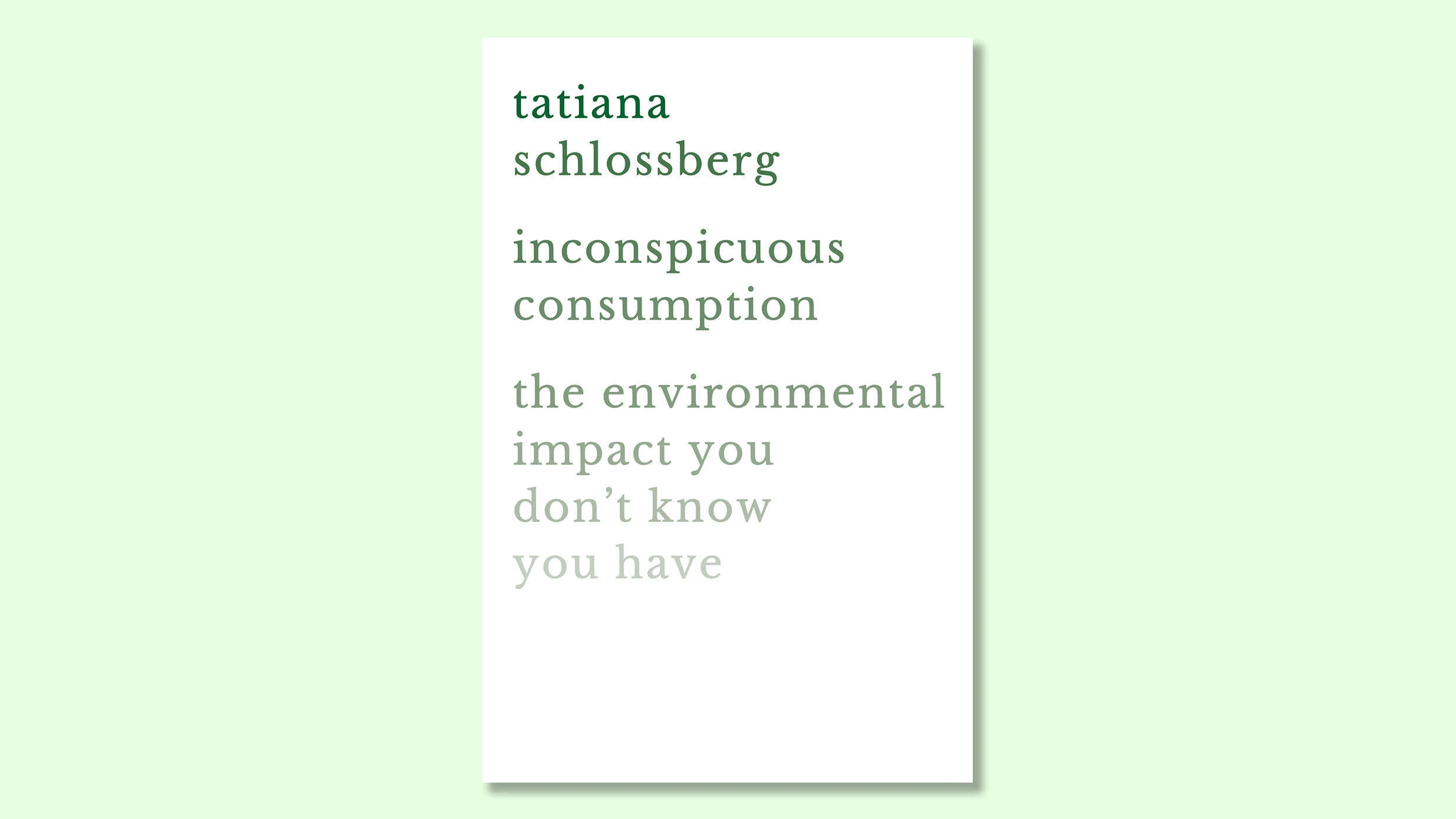
Diving into the stories behind everyday things we buy—such as cheap cashmere sweaters, which have spawned a boom in goat herding in Mongolia, turning grasslands into deserts—Schlossberg helps make complex systems more understandable. The book focuses on technology, food, fashion, and fuel, looking both at impacts on the climate and at other environmental issues. The goal isn’t to make readers feel guilty, but to make a case for why we need to push for larger changes.
The Fate of Food: What We’ll Eat in a Bigger, Hotter, Smarter World, by Amanda Little

Climate change will reshape the food system, making it harder to grow crops as the world’s population grows. This book explores how agriculture is changing in response, and how our diets may change. Little spent three years traveling to places such as a Kenyan farm growing GMO corn, an organic farm in Shanghai that is covered in sensors so that it can be remotely controlled, a factory in Salt Lake City that makes freeze-dried food for survivalists, and the Silicon Valley headquarters of a company making “cell-based” meat without animals. “It’s hard to overstate how much the global food system has changed in the last thirty years, and harder still to know how and how much it will change in the decades ahead,” Little writes.
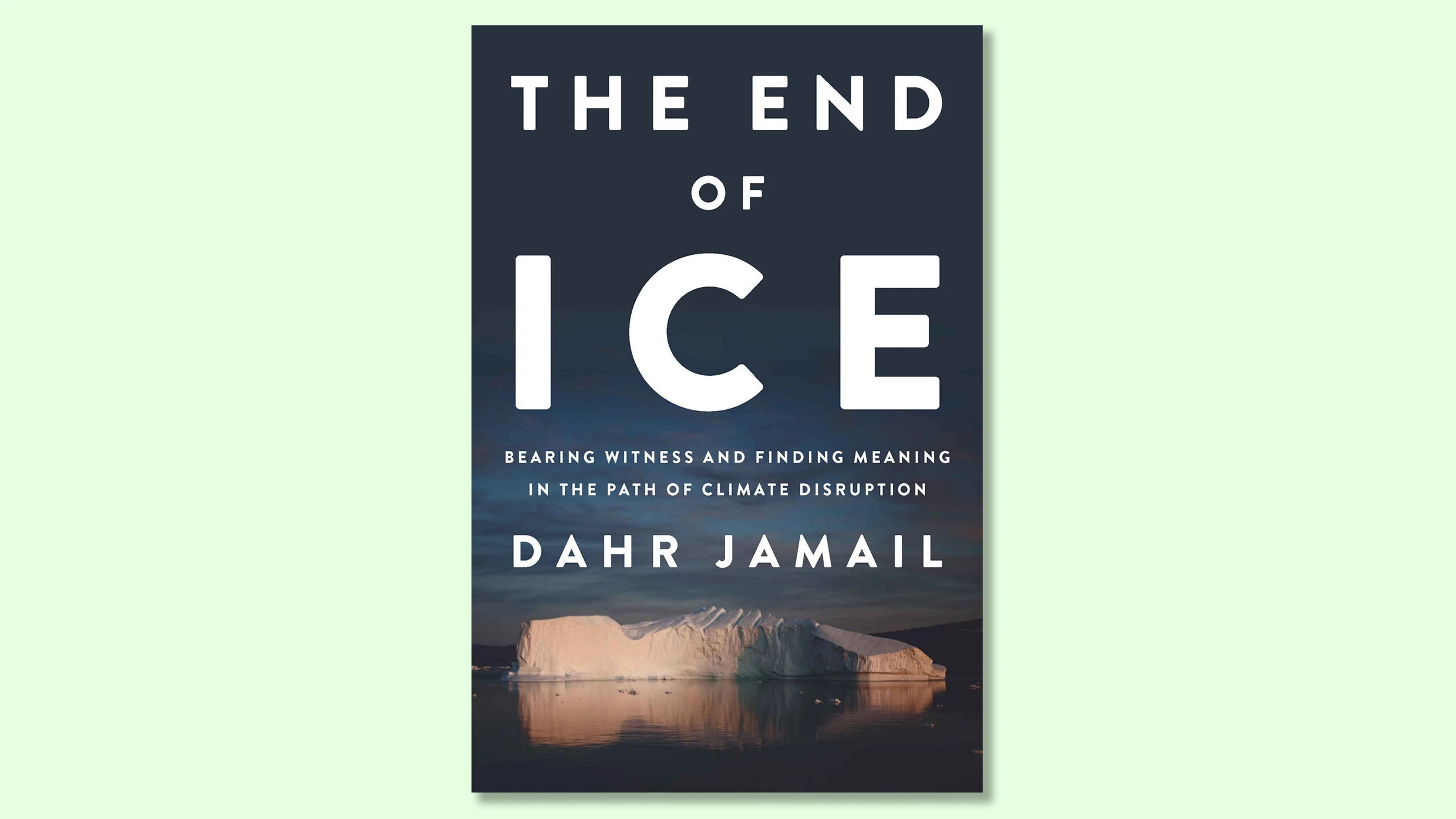
In this book, former war reporter Dahr Jamail travels to communities such as Utquigvik, Alaska, the northernmost town in the U.S., where melting sea ice is disrupting traditional hunting and fishing and eroding the coastline, and melting permafrost is damaging infrastructure, meaning that the community may have to relocate. As he travels to some of the other parts of the world most impacted by climate change, such as the Great Barrier Reef and the Amazon rainforest, he makes it clear that climate change is not just a threat from the future—it’s having an impact now.
We Are the Weather: Saving the Planet Begins at Breakfast, by Jonathan Safran Foer
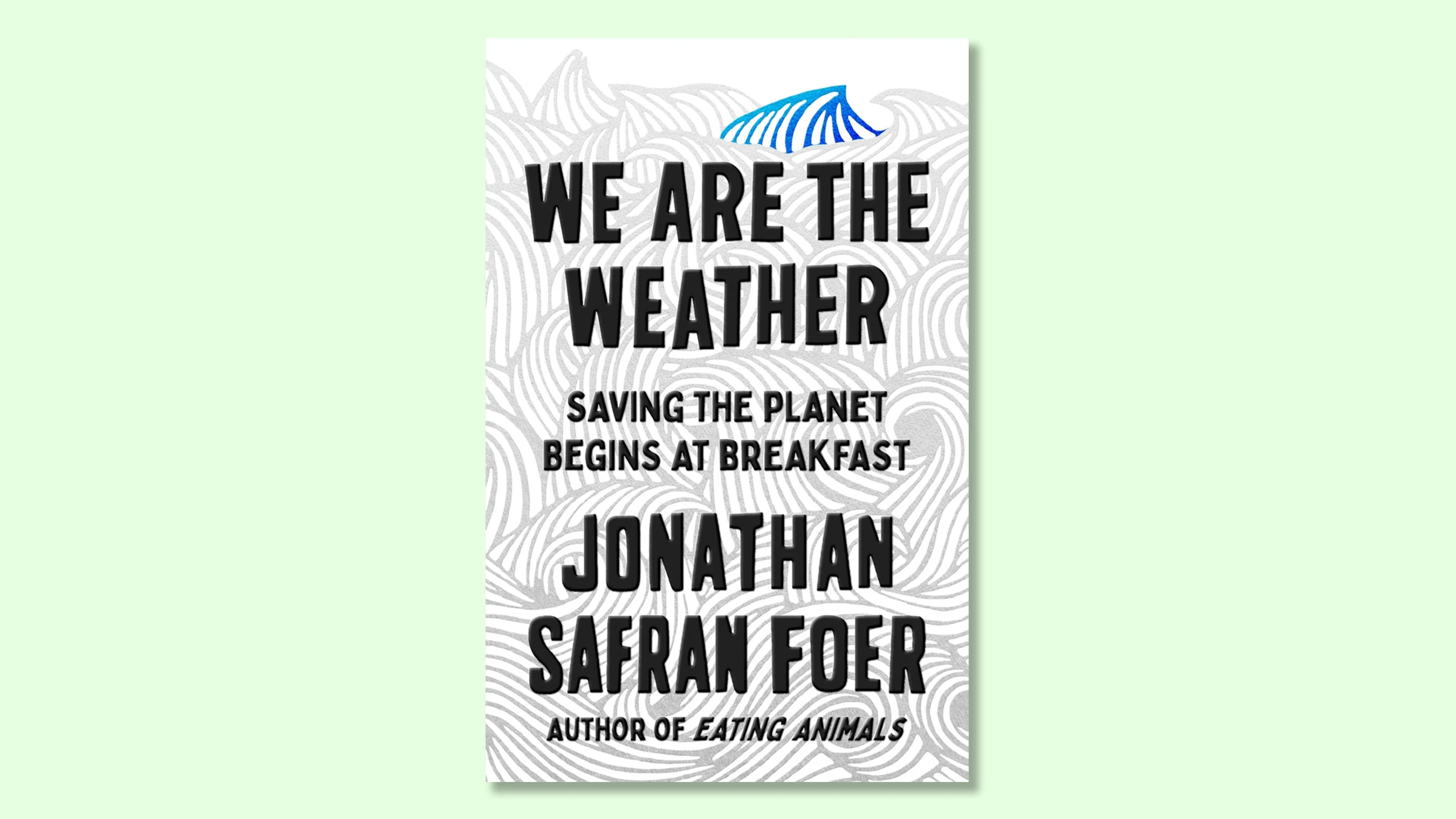
In a series of essays, Foer explores why we’ve taken so little action on climate despite the looming disaster, arguing that many people still don’t fully believe that it’s happening, even if they accept the science intellectually. (If people who understand climate science aren’t doing enough, climate deniers aren’t the only problem.) The truth “is as crude as it is obvious,” he writes. “We don’t care. So now what?” He points to individual action as an answer—despite the fact that many people argue that individual action is futile—and argues that one concrete change can make a meaningful difference: All of us could stop eating meat at breakfast and lunch.
A Planet to Win: Why We Need a Green New Deal, by Kate Aronoff, Alyssa Battistoni, Daniel Aldana Cohen, and Thea Riofrancos
On Fire: The (Burning) Case for a Green New Deal, by Naomi Klein
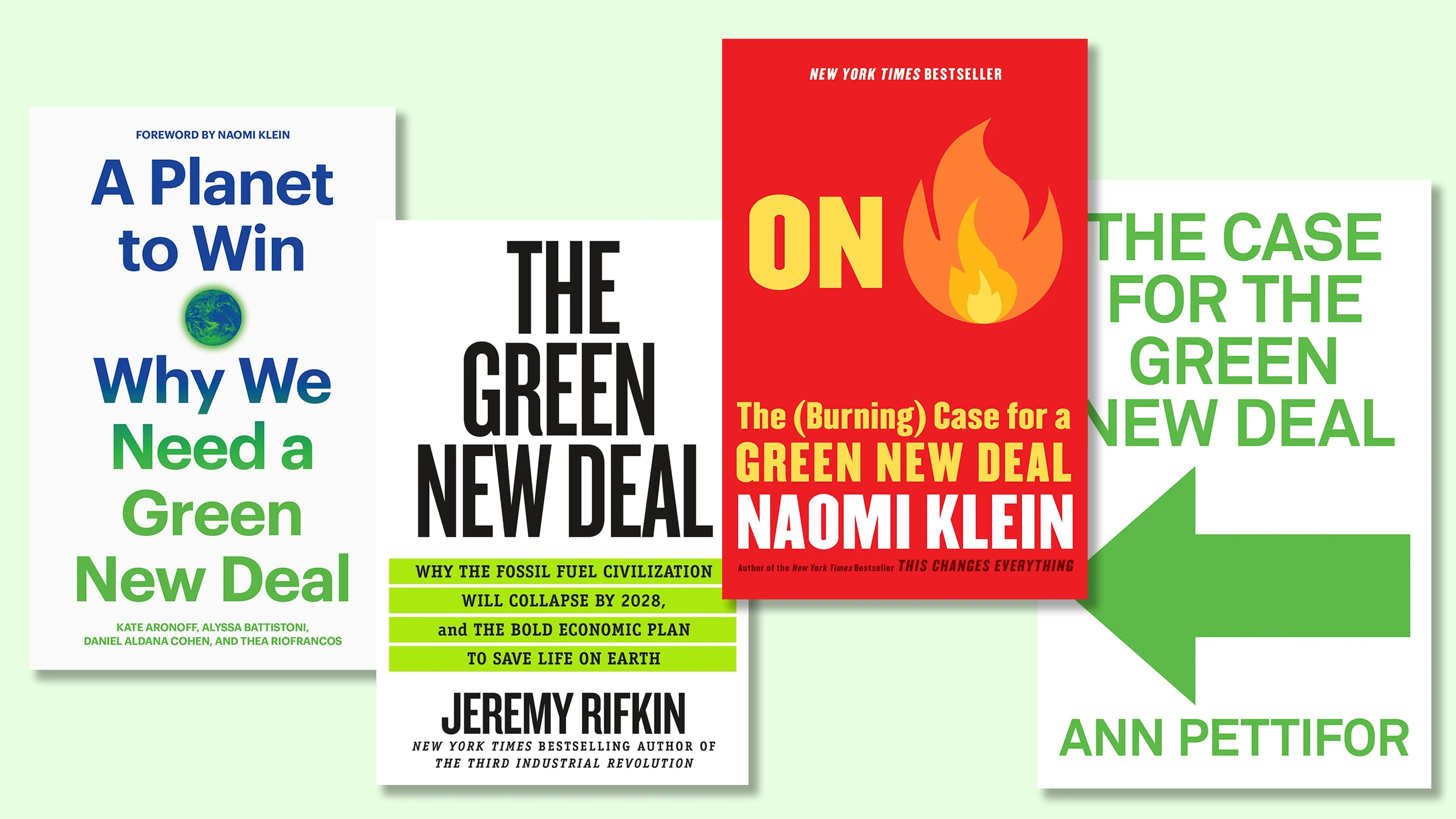
The Green New Deal gained traction this year as a policy proposal and a key part of the Democratic primary. As the popularity of Alexandria Ocasio-Cortes helped bring the idea into the mainstream, several new books help make the case for the proposal and explain how it would be implemented, how it would reshape society, and what its supporters need to do to make it happen.
Recognize your brand’s excellence by applying to this year’s Brands That Matter Awards before the early-rate deadline, May 3.
